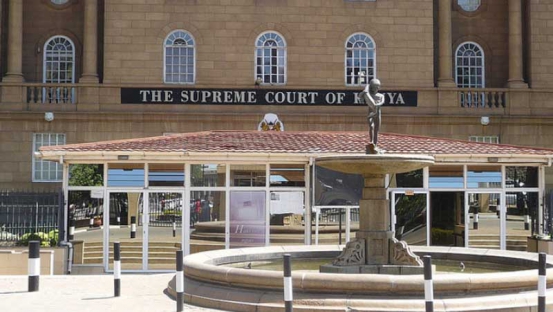
“No person may claim or exercise State authority except as authorised under the Constitution”, states Article 2 of the Constitution of Kenya. Italian philosopher Antonio Gramci said that events are the real dialectics of history. An event, once dispensed with, puts paid to all guesses, all assumptions, whatever prediction.
And so on September 1, 2017 the Supreme Court of Kenya spoke. In so speaking, it has set out to convince itself and the world about its place in the democratic process as well as the true meaning of the Kenyan constitution.